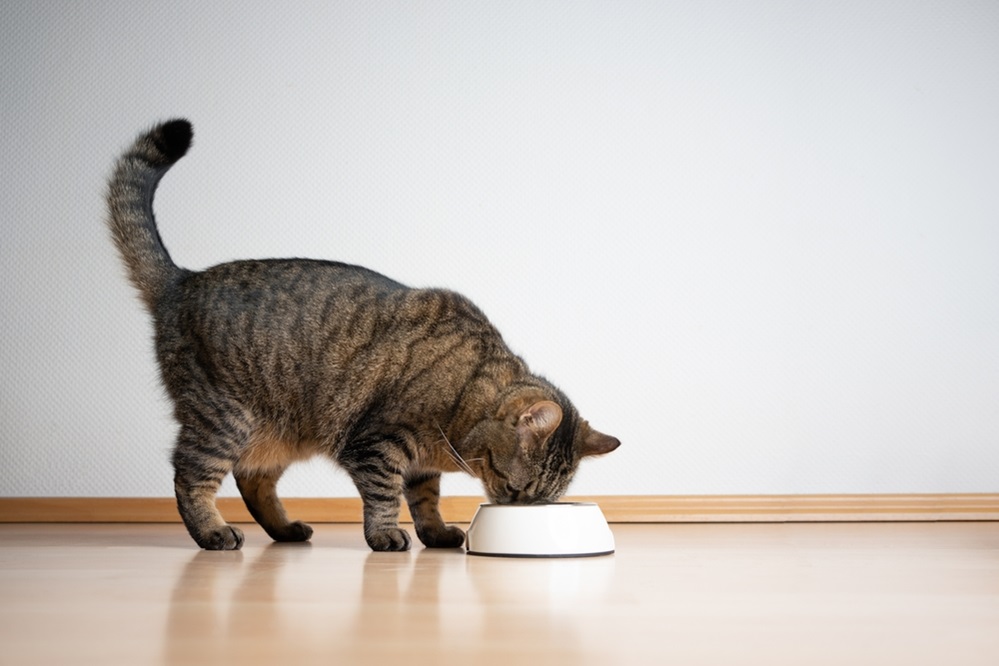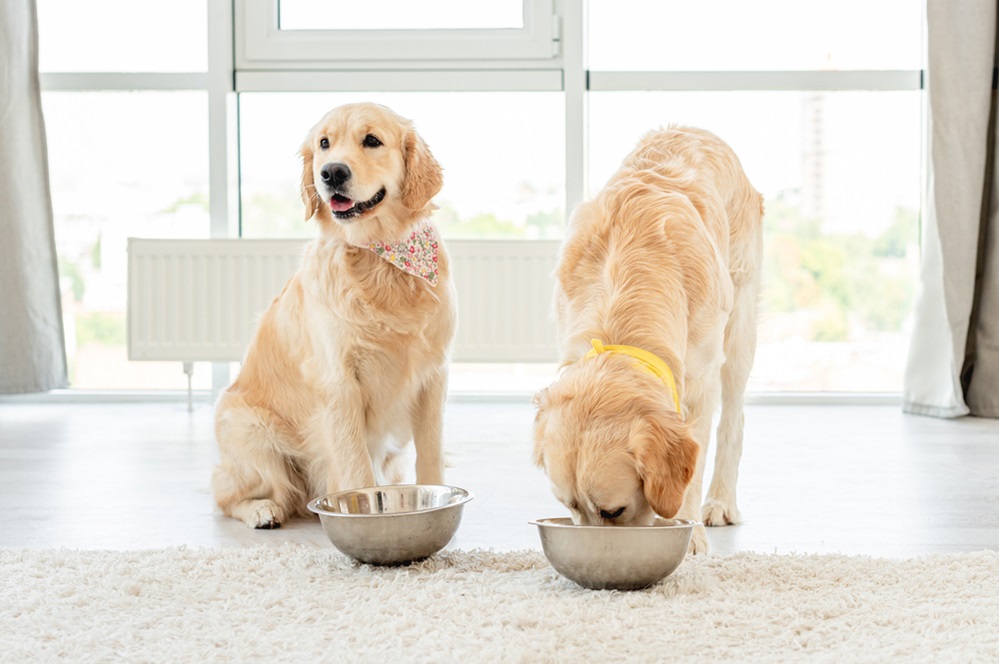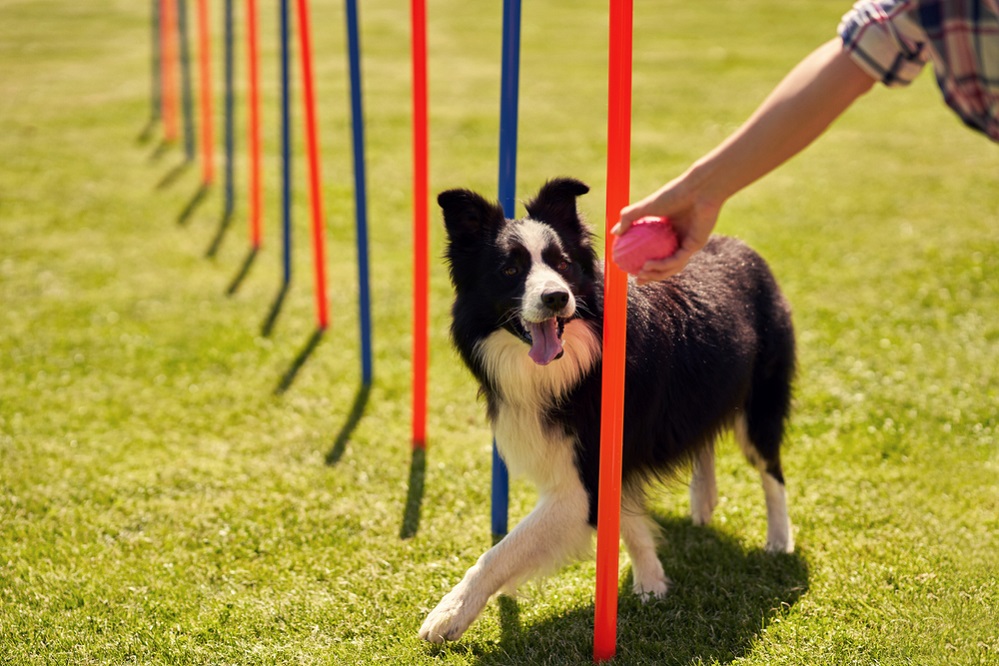Congratulations on welcoming a furry friend into your life! Puppies are adorable bundles of joy, but those unsightly accidents can quickly turn your home into a minefield. Fear not, new pet parent! Potty training may seem daunting, but with the right approach, you can transform your home into a puddle-free paradise.
This guide equips you with the knowledge and tools to navigate this crucial stage. We’ll explore your puppy’s development, set the stage for success, and teach you effective training techniques. We’ll also address common hiccups and equip you with solutions to keep your pup (and your carpets!) happy.
So, grab your treats, unleash your patience, and get ready to embark on a journey of potty training triumph!
Understanding Your Pup
Before diving headfirst into potty training, understanding your pup’s biological development is key. This knowledge sets realistic expectations and helps you tailor your approach to their specific needs.

Bladder and Bowel Control Milestones
Age is a Factor: Generally, puppies develop bladder control around 4-6 months old, while bowel control might take a few extra months to fully mature. This means accidents are inevitable during this early stage. Be patient and consistent; potty training takes time!
Listen to Their Body Language: Puppies often exhibit subtle cues before they need to eliminate. These can include sniffing the ground, circling, whining, or pacing. Learn to recognize these signals and immediately take your pup to their designated potty spot.
Frequency is Key: Young puppies have tiny bladders and can’t hold it for long stretches. Plan on taking them out every 1-2 hours, especially after waking up, playing, eating, or drinking. This frequent schedule helps them learn to anticipate bathroom breaks and avoid accidents.
Dietary Decisions: Just like humans, a puppy’s diet can influence their elimination habits. Talk to your veterinarian about choosing a high-quality puppy food that promotes good digestion and helps regulate bowel movements.
Keep it Consistent: Maintaining a consistent routine is crucial for successful potty training. This includes a predictable feeding schedule, regular bathroom breaks, and consistent use of a designated potty spot outdoors.
By understanding your pup’s developmental stage and their elimination habits, you can establish a training foundation that sets them (and your carpets!) up for success.

Setting the Stage for Success
Now that you understand your pup’s elimination quirks, it’s time to create an environment that fosters successful potty training. Think of it as building a dream team for bathroom business! Here are some key elements to put in place:
1. The Potty Schedule
Think Like a Tiny Bladder: Remember, young puppies have limited bladder control. Schedule frequent potty breaks every 1-2 hours, especially after waking up, playing, eating, or drinking. This consistency helps them learn to anticipate bathroom needs and avoid accidents.
Nighttime Needs: Factor in nighttime potty breaks, especially for younger puppies. Set an alarm to take them out once or twice during the night to prevent accidents in their crate or pen. As they mature, you can gradually decrease the frequency of nighttime breaks.
2. The Designated Potty Spot

Location, Location, Location: Choose a specific, easily accessible outdoor area as your puppy’s official bathroom. Consistency is key – always take them to the same spot for elimination. Ideally, select a grassy area away from high-traffic zones in your yard.
The Power of Positive Reinforcement: Once you reach the designated spot, use a calming tone and a potty cue like “go potty” or “outside.” When your puppy eliminates in the right spot, shower them with praise and treats to create a positive association.
3. Essential Supplies
Accident Annihilators: Stock up on enzyme cleaners specifically designed for pet accidents. These cleaners break down odors that might attract your pup back to the spot for repeat offenses.
Waste Disposal Essentials: Invest in sturdy, leak-proof waste disposal bags to make those outdoor potty breaks a breeze.
Leash Leadership: A reliable leash is a must-have for guiding your puppy to their designated potty spot and maintaining control during walks.
4. Confinement Considerations

Crate Training for Success: Crate training can be a valuable tool in potty training. Puppies instinctively avoid eliminating in their den, so a properly sized crate can help prevent accidents when you can’t directly supervise them.
Playpen Power: A puppy playpen provides a safe, confined space for your pup when you can’t crate them. Choose a playpen that’s large enough for them to move around comfortably but small enough to limit opportunities for accidents.
By establishing these key elements, you’re well on your way to creating a potty training dream team. Remember, consistency, patience, and positive reinforcement are the winning formula for a successful outcome!
Troubleshooting Common Hiccups
Even with the best planning, accidents can happen during potty training. But fear not, fellow pet parent! These hiccups are normal and can be addressed with a little patience and problem-solving. Here are some common potty training challenges and how to overcome them:
1. The Stubborn Stain

Accidents Happen: Don’t get discouraged if your pup has an accident. Clean the mess thoroughly with an enzyme cleaner specifically designed for pet accidents. Regular cleaners might leave behind odors that attract your puppy back to the spot for repeat offenses. Enzyme cleaners break down these odors, eliminating the temptation to revisit the scene of the crime.
2. The Backslide Blues
Regression is Real: Just like toddlers, puppies can regress in their potty training, especially during stressful events. This could be caused by teething, a change in routine, a new pet in the house, or even a veterinary visit. Don’t panic! Remain calm, go back to the basics of potty training with frequent breaks and consistent routines. Patience and positive reinforcement will get them back on track.
3. The Medical Mystery

When to See the Vet: If your puppy experiences persistent accidents, consult your veterinarian. Certain medical conditions, such as urinary tract infections or bladder stones, can contribute to bathroom troubles. A vet visit can rule out any underlying medical issues and ensure your pup is healthy and able to learn proper elimination habits.
Bonus Tips for Success
Limit Water Intake Before Bed: Reduce your puppy’s water intake a couple of hours before bedtime to minimize the risk of nighttime accidents.
No Free Roaming: Always supervise your puppy when they’re not confined. This allows you to catch elimination cues and redirect them to the designated spot outdoors.
Keep Walks Engaging: Make potty breaks enjoyable for your puppy. Let them sniff around and explore their designated spot during walks. This encourages them to associate the location with positive experiences.
Watch Like a Hawk: During the early stages of potty training, keep a watchful eye on your puppy, especially after they drink or eat. Catching those elimination cues and redirecting them to the designated spot outdoors can significantly reduce the number of accidents.

Remember, consistency, patience, and a positive approach are key to overcoming these potty training hiccups. Don’t get discouraged – with a little perseverance, you and your pup will celebrate a clean and happy home soon!
Celebrating Potty Training Milestones
Potty training your puppy takes dedication and patience, but the rewards are truly pawsome! Witnessing your furry friend master this crucial skill is a cause for celebration. Here’s how to make those milestones extra special:
Recognizing Achievements
Mark the Moments: Acknowledge and celebrate your pup’s progress, big or small. Did they use their designated potty spot outdoors? A shower of praise, a belly rub, or a yummy treat shows them you recognize their efforts and keeps them motivated.
Rewarding Consistency

The Power of Consistency: As your puppy demonstrates consistent success, consider gradually increasing the time between potty breaks. This reinforces their developing bladder control and builds trust in their ability to hold it. Of course, continue to monitor them closely and adjust the schedule as needed.
Building a Bond
Quality Time Together: Potty training doesn’t have to be all work and no play. Use those frequent potty breaks as an opportunity to bond with your pup. Incorporate short walks, playtime, or a quick game of fetch into the routine. This positive association makes potty time something to look forward to for both of you.
Celebrating the Big Picture

The Grand Poo-pa-rade: Once your puppy has achieved consistent success with potty training, throw a celebratory “pawty”! This could involve a special trip to the pet store for a new toy, a delicious homemade treat, or an extra-long walk in their favorite park. Celebrate their accomplishment and shower them with love for all their hard work.
By celebrating milestones, you reinforce positive behavior, build a strong bond with your pup, and create a foundation for a happy and well-adjusted canine companion. Soon, those puddle-free floors and accident-free nights will become the norm, allowing you to fully enjoy the unconditional love and companionship your furry friend brings to your life!
FAQs
How often should I take my puppy out to potty?
oung puppies have tiny bladders and can’t hold it for long. A good rule of thumb is to take them out every 1-2 hours, especially after waking up, playing, eating, or drinking. As they mature, you can gradually increase the time between breaks.
How do I handle a potty training mishap with my puppy?
Don’t Punish: Punishment can backfire and make your puppy fearful or secretive about elimination. Instead, clean the mess thoroughly with an enzyme cleaner to eliminate lingering odors that might attract them back to the spot.
What if my puppy regresses in their training?
Regression is Normal: Don’t panic! Stressful events like teething, a change in routine, or a new pet can cause setbacks. Go back to the basics of potty training with frequent breaks and consistent routines. Patience and positive reinforcement will get them back on track.
How can I prevent accidents at night?
Set an alarm to take your puppy out once or twice during the night, especially when they’re young. As they mature, you can gradually decrease the frequency of nighttime breaks.
What are some signs my puppy needs to go potty?
Puppies often exhibit subtle signs before they eliminate, such as sniffing the ground, circling, whining, or pacing. Learn to recognize these cues and immediately take them to their designated potty spot outdoors.
Is crate training helpful for potty training?
Crate Training Advantage: Absolutely! Puppies instinctively avoid eliminating in their den. A properly sized crate can help prevent accidents when you can’t directly supervise them.
Should I use pee pads?
Pee pads can be a temporary solution, but be cautious. They can create confusion for your puppy, who might start associating elimination indoors with the pee pad instead of the designated outdoor spot.
How long will it take to potty train my puppy?
Patience is Key: There’s no one-size-fits-all answer. It depends on your puppy’s age, breed, and individual development. Some puppies can be potty trained in a few weeks, while others might take several months. Be patient and consistent, and eventually, those accidents will become a thing of the past!
Conclusion
While the journey may have had its fair share of “accidents” (both literal and metaphorical!), you’ve equipped yourself with the knowledge and tools to navigate this crucial stage with your furry friend.
By successfully potty training your puppy, you’ll reap a harvest of benefits:
- A Clean and Happy Home: No more puddle-stained carpets or surprise accidents!
- A Well-Adjusted Pup: A puppy who understands appropriate elimination habits is a happier and more confident canine companion.
So, take a deep breath, celebrate your progress, and enjoy the journey. Soon, those potty training battles will be a distant memory, replaced by a lifetime of love, companionship, and a clean and happy home for you and your well-trained pup!













